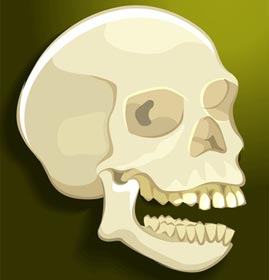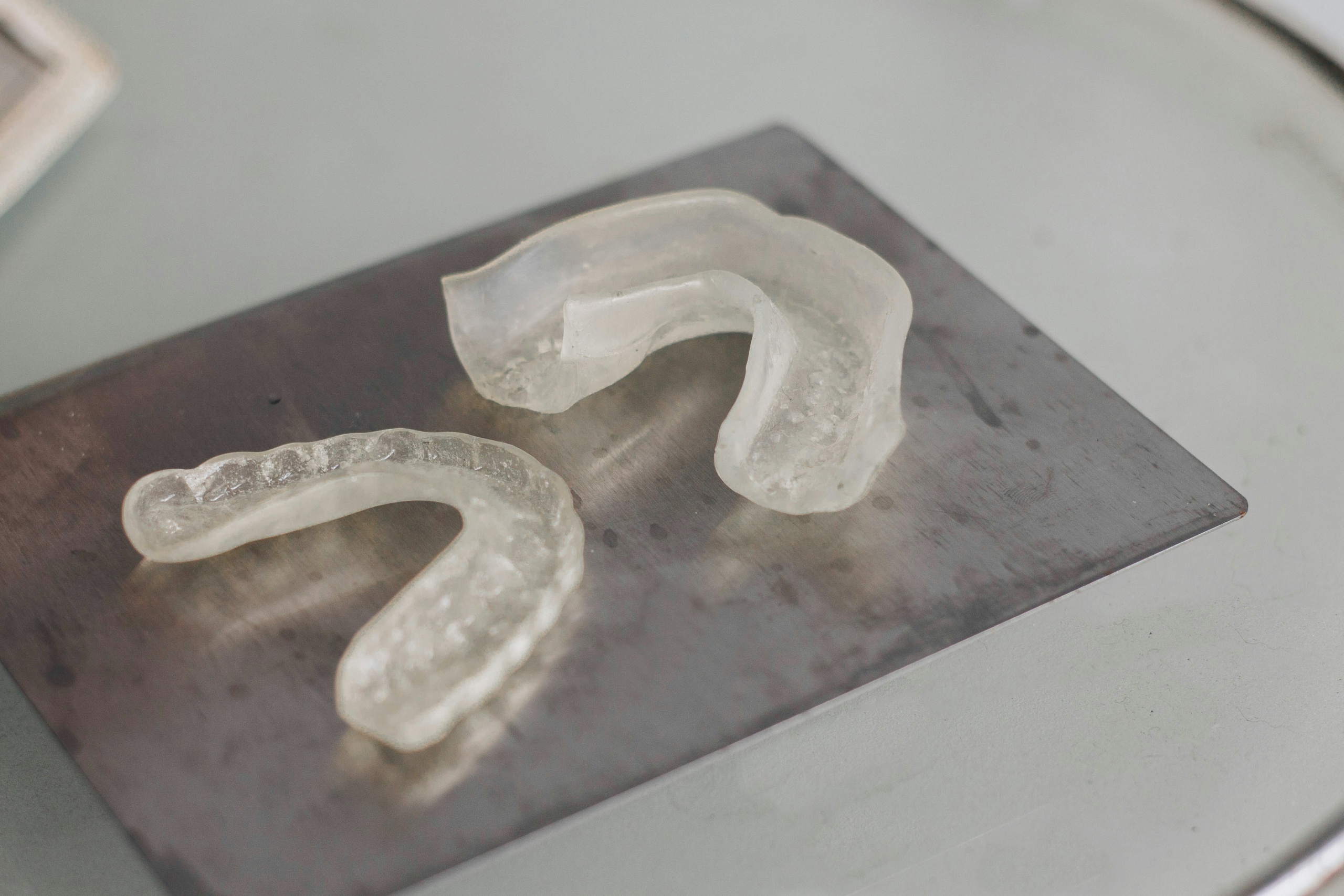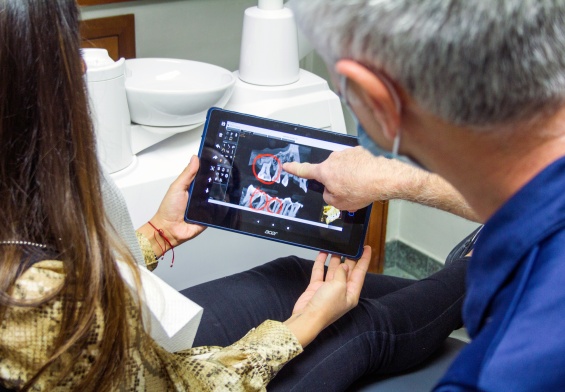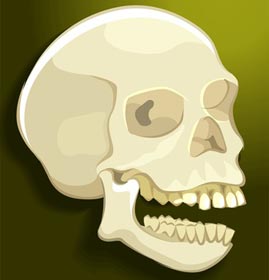The Importance of the Jaw
Everyone knows that the jaw is an extremely important part of the human body. Most of us do not think much about our mouths … it’s just a given that we can eat and speak. There’s a lot going on in the human jaw, and a lot that can go wrong if jaw health is not optimal.
Structure of the Jaw
The jaw, or ‘mandible,’ is the only part of the face that can move. Without this capacity, of course, we would not be able to eat. And, regardless of what acclaimed ventriloquist Jeff Dunham (especially well known to Floridians) and his famed puppet characters might say, without the capacity of the mandible to move, humans also would not be able to speak. The lower mandible, the movable part, holds the lower teeth in place, while the upper mandible holds the upper teeth in place but does not move. The structure of this part of anatomy is one of the most fascinating in human biology.
The Temporomandibular Joint (TMJ)
The temporomandibular joint (TMJ) is the major joint in the jaw. This joint is named from the two bones that form the joint, and there is one TMJ on either side of the jaw. The two bones are the upper temporal bone, which is part of the skull, and the lower jawbone. The temporomandibular joint connects the skull to the lower jaw under the ear. Problems with the TMJ not only can bring about the obvious complications with eating and speaking, but can cause difficulty controlling one’s secretions. This can be a very serious condition because it can lead to choking. In fact, in the news recently is a baby boy from Eastern Ontario who was born with a condition called ‘congenital trismus,’ which means he is unable to open his mouth. He has had lockjaw since birth, making him unable to move his lower mandible to control his secretions, causing him to choke often and end up in the hospital.

Problems with the temporomandibular joint not only cause pain, but can also be associated with things most people would not generally associate with the jaw. Sinus problems and even problems with the eyes such as twitching eyelids can be related to the TMJ. Clearwater residents who are experiencing any of these difficulties, including but not limited to pain or inability to move the jaw, should contact a quality dentist or dental office in their area.
Muscles of the Jaw
Naturally, the temporomandibular joint includes other bones, nerves, and muscles. The muscles of these joints are connected as a hinge, and they control this hinge movement and the rotation of the jaw. This movement, of course, allows for talking, yawning, chewing, etc. Muscles in the face control ‘mastication,’ or chewing. A muscle in the jaw that is key to chewing is called the ‘masseter,’ which actually derives its name from the Greek that means ‘to chew.’ The masseter is an extremely powerful muscle that elevates the lower jaw. This muscle closes the jaw and spans from the temporal bone to the mandible.
The Temporalis Muscle
Another muscle of the jaw that is vital to mastication is the ‘temporalis.’ This muscle aids the masseter in elevating the lower jaw. It is a large, fan-shaped muscle and is found in the side of the skull in front of and above the ear. The temporalis starts at the temporal bone, which is found at the side and base of the skull. The temporalis stretches all the way down beneath the cheekbone (or ‘zygomatic arch’). It attaches to the mandible and assists the masseter in closing and retracting the jaw.
Common Issues: Bruxism
If you visit a quality dental office, you may be asked to clench and unclench your jaw while placing your fingers just above your ears in order to feel your temporalis muscle working. This can give you an idea of how hard these muscles work, as they are some of the busiest muscles in the human body. Overworked and overstressed muscles in this area of the face can often cause teeth grinding, also referred to as ‘bruxism.’ In fact, it is estimated that more than 40 million Americans suffer from this distressing condition, and many do not even know it. If you often find yourself waking up in the morning with headaches and tired jaw muscles, chances are you are grinding your teeth through the night and don’t realize it. A top Clearwater dentist can diagnose and treat this and other conditions related to the muscles, bones, nerves, and joints of the jaw that work so hard in the human body to keep you healthy.




